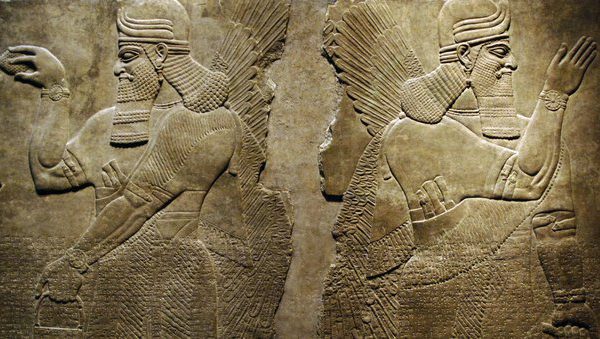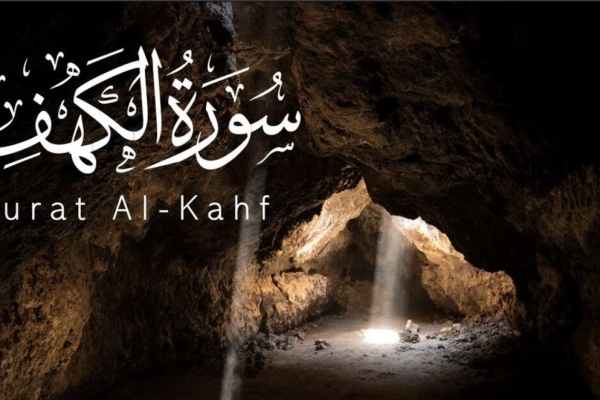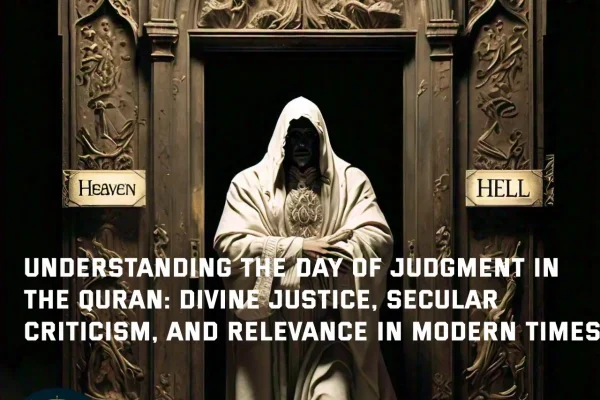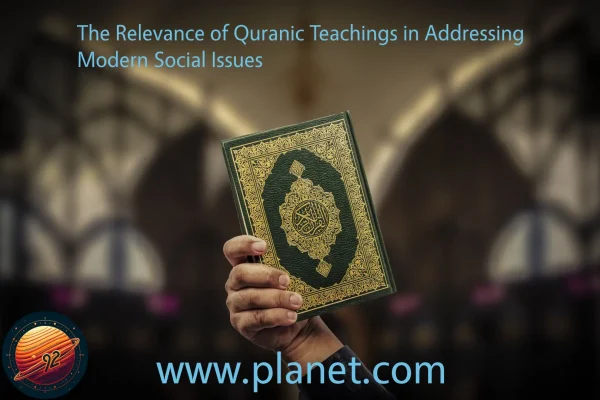
Underground Religions of Ancient Mesopotamia: Hidden Beliefs and Secret Rituals in the Cradle of Civilization
The underground religions of ancient Mesopotamia, often overshadowed by the grand temples and state-sponsored cults, reveal a hidden dimension of spiritual life in the cradle of civilization. These secretive belief systems thrived among marginalized groups, blending esoteric knowledge, mystery cults, and chthonic deities. Rooted in resistance to dominant religious structures, these underground faiths focused on personal transformation, animistic practices, and the worship of lesser-known gods like Ningishzida and Ereshkigal. Suppressed by the ruling powers, they nevertheless influenced later religious and mystical traditions, leaving an enduring legacy on global spiritual history.
















